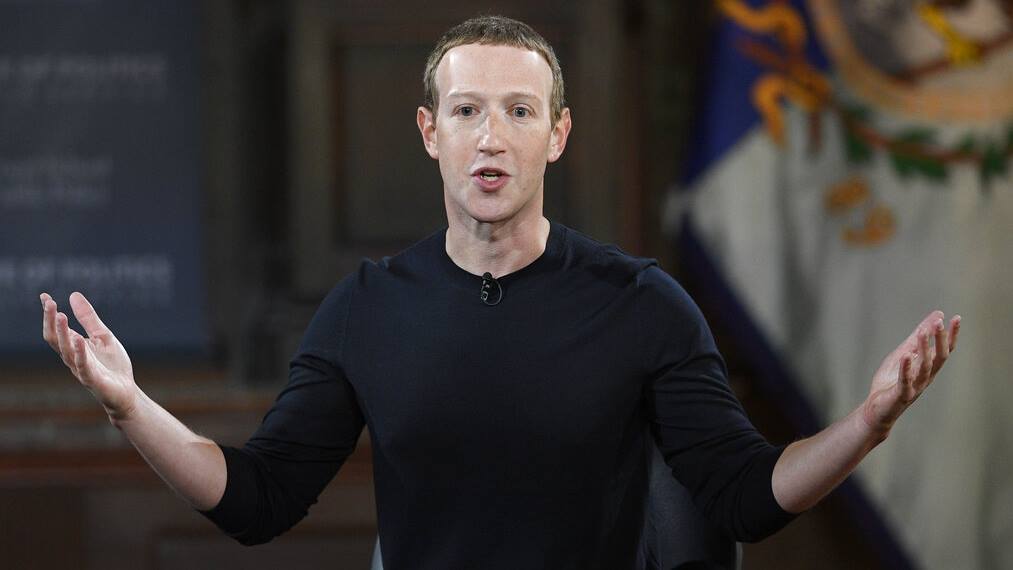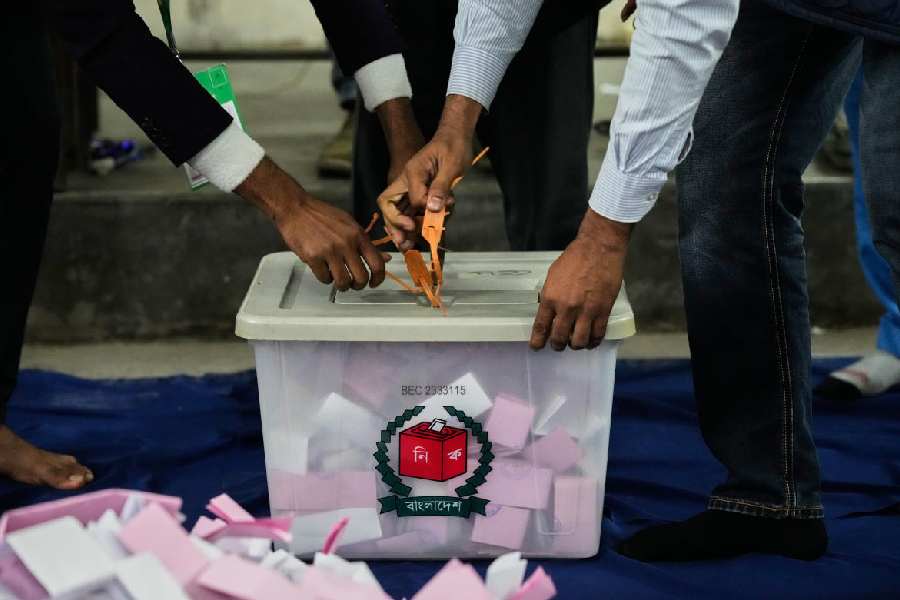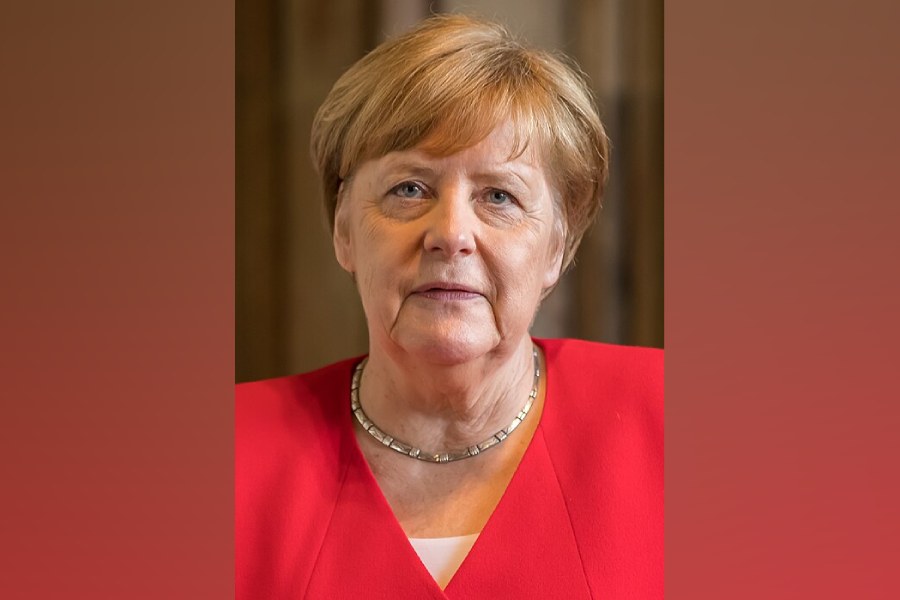Mark Zuckerberg, Facebook’s chief executive, answered questions under oath on multiple days this week as part of the Federal Trade Commission’s inquiry into whether the company broke antitrust laws, the company said on Thursday.
The interview with Zuckerberg, reported earlier by Politico, was the first known time that regulators directly questioned a chief executive of one of the tech companies being scrutinised for potential antitrust violations. Either the FTC or the department of justice is also investigating Google, Apple and Amazon.
Interviews with major executives can be a sign that a case is moving forward or is in an advanced stage. While the FTC has already interviewed some other senior Facebook executives under oath, others are scheduled to be interviewed after Zuckerberg, a person with knowledge of the matter said. The agency’s interviews with Facebook employees could stretch well into September, said the person, who would speak only anonymously because the investigation is private.
The FTC declined to comment. Andy Stone, a spokesman for Facebook, said the company was “committed to cooperating with the US Federal Trade Commission’s inquiry and answering the questions the agency may have.”
The investigation has focused on whether Facebook bought start-ups like Instagram and WhatsApp in order to squash young and potentially dangerous competitors.
One round of document collection wrapped up in the spring. The trade commission has also contacted the founders of start-ups that
Facebook bought, a sign that the agency is focusing on the company’s acquisition practices.
But the investigation is expected to stretch beyond the November presidential election.
New York Times News Service











